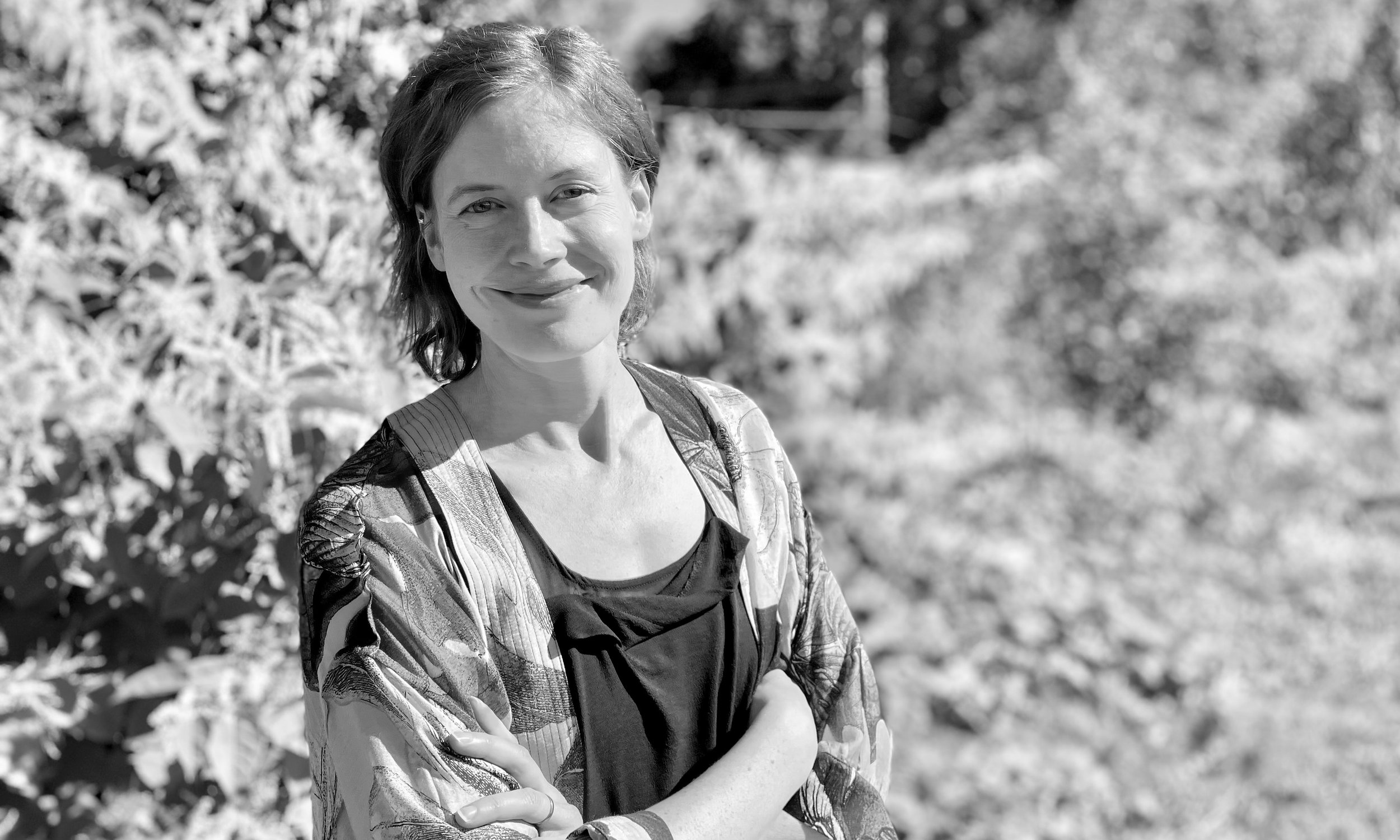
Sustainable Innovation Researcher
I research, lecture and work to advance learning for sustainability and effective decision-making.
My work focuses on clear problem identification and targeted solution development in collaboration with businesses and organisations. You can find my interdisciplinary research profile at Google Scholar. Connect with me on LinkedIn or write me an email .

Selected articles & book chapters
-
This interview study shows how individual beliefs, as building blocks of individual behaviour, are related to moving beyond business-as-usual towards sustainable business practices. We found that a classification system of beliefs – ‘action logics’ – is useful to understand the beliefs of sustainability managers. We interviewed senior managers in the German clothing and textile industry. Included are 10 of the largest companies with HQ in the country. READ MORE
-
The content-focused ‘learning from’ and alliance partner-specific ‘learning about’ are both important. Our study looked at a European meat producer and wholesaler [turnover $2.7bn in 2019/2020] wanting to innovate in the protein space. We found that ‘learning about’ and ‘learning from’ merge when it comes to learning alliances that aim to further sustainability innovation. READ MORE
-
This study about a clothing retailer links lean startup thinking, triple bottom line value creation, and organizational capabilities. The retailer pursues the goal of diverting all of its sold clothing from landfill through a two-year project. This requires substantial changes to the current business practice because the retailer recovered only 1% of all garments sold at the beginning of the study. The fibre input value for all garments sold exceeded $7m. The desire to plan project activities and the lack of lean startup experience in the project team hampered fast action. But project team confidence about ‘learning by doing’ increased through privately executed experiments. READ MORE
-
This conceptual publication proposes 6 archetypes of Change Agents for Sustainability. We present competencies for each of the 6 archetypes and summarise, in a framework, the key activities through which Change Agents for Sustainability can drive organisational change toward sustainability. READ MORE
-
This book chapter links ‘ethical leadership’ with ‘sustainable innovation’. This conceptual link helps to clarify how business leaders might overcome innovation challenges. The chapter proposes balances that need to be considered by leaders during the pursuit of sustainable innovation. For example, ‘Thriving to pursue sequential learning to reduce uncertainty’ must be balanced with ‘Taking action in the face of uncertainty’. READ CHAPTER

Editing
Myths of the Circular Economy
Open access book on Circular Economy in the DACH region. My 3 co-editors and I, together with 32 authors, explore and debunk myths of circular economy operationalisation and conceptualisation. We present innovative solutions that have proven themselves in practice. Published in 2022. German only.
Business Ethics, the Environment and Responsibility
Guest Editor of the Special Issue Corporate Change Agents for Sustainability, published in 2024.
Journal of Business Economics
Guest Editor of the Special Issue Frameworks for Sustainability Management, published in 2023.
Journal of Cleaner Production
Guest Editor of the Special Issue Business Experimentation for Sustainability, published in 2021.